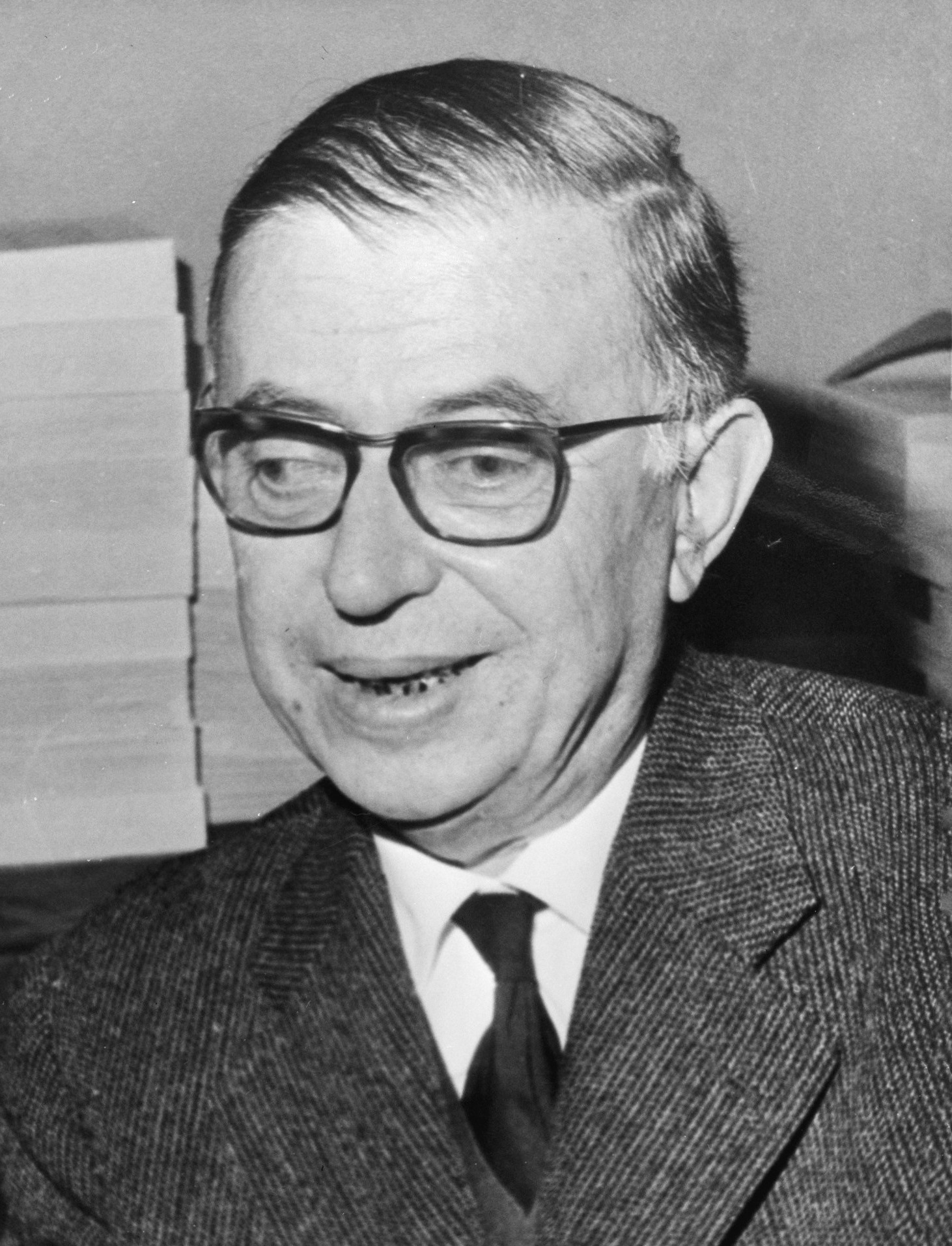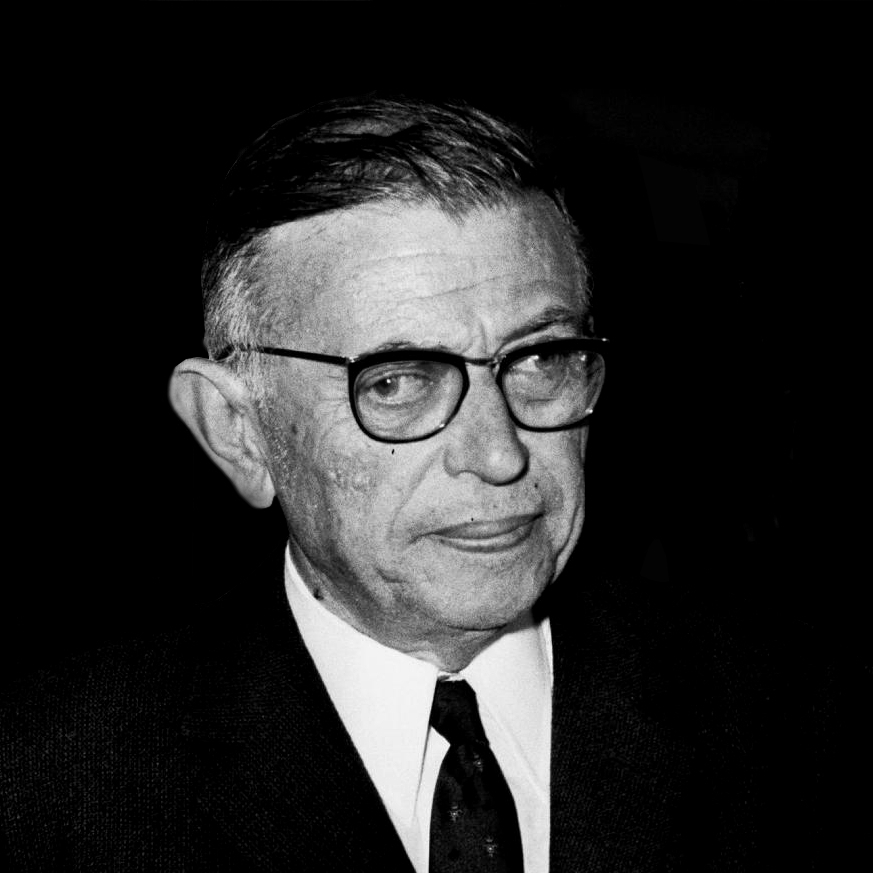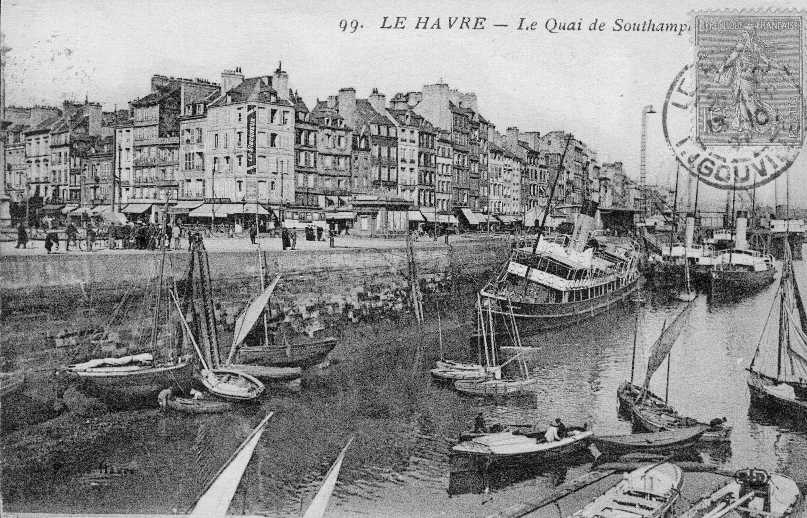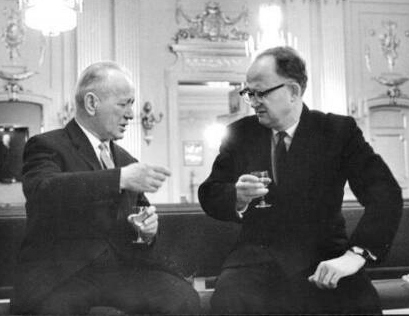|
1964 Nobel Prize In Literature
The 1964 Nobel Prize in Literature was awarded the French writer Jean-Paul Sartre "for his work which, rich in ideas and filled with the spirit of freedom and the quest for truth, has exerted a far-reaching influence on our age."Nobel Prize in Literature 1964 nobelprize.org Sartre declined the prize, saying that he never accepted any official honours and that he did not want the writer to become an institution. The said in announcement: "It will be recalled that the laureate has made it known that he did not wish to accept the prize. The fact that he has declined this distinction does not in the least modify the validity of the award. Under the circumstances, ... [...More Info...] [...Related Items...] OR: [Wikipedia] [Google] [Baidu] |
Sartre 1967 Crop
Jean-Paul Charles Aymard Sartre (, ; ; 21 June 1905 – 15 April 1980) was one of the key figures in the philosophy of existentialism (and phenomenology), a French playwright, novelist, screenwriter, political activist, biographer, and literary critic, as well as a leading figure in 20th-century French philosophy and Marxism. His work has influenced sociology, critical theory, post-colonial theory, and literary studies, and continues to do so. He was awarded the 1964 Nobel Prize in Literature despite attempting to refuse it, saying that he always declined official honors and that "a writer should not allow himself to be turned into an institution." Sartre held an open relationship with prominent feminist and fellow existentialist philosopher Simone de Beauvoir. Together, Sartre and de Beauvoir challenged the cultural and social assumptions and expectations of their upbringings, which they considered bourgeois, in both lifestyles and thought. The conflict between oppressive, s ... [...More Info...] [...Related Items...] OR: [Wikipedia] [Google] [Baidu] |
Nobel Prize In Literature
) , image = Nobel Prize.png , caption = , awarded_for = Outstanding contributions in literature , presenter = Swedish Academy , holder = Annie Ernaux (2022) , location = Stockholm, Sweden , year = 1901 , reward = 10 million SEK (2022) , website = , year2 = 2022 , holder_label = Currently held by , previous = 2021 , main = 2022 , next = 2023 The Nobel Prize in Literature (here meaning ''for'' literature) is a Swedish literature prize that is awarded annually, since 1901, to an author from any country who has, in the words of the will of Swedish industrialist Alfred Nobel, "in the field of literature, produced the most outstanding work in an idealistic direction" (original Swedish: ''den som inom litteraturen har producerat det utmärktaste i idealisk rigtning''). Though individual works are sometimes cited as being particularly noteworthy, the award is based on an author's body of work ... [...More Info...] [...Related Items...] OR: [Wikipedia] [Google] [Baidu] |
Jean-Paul Sartre
Jean-Paul Charles Aymard Sartre (, ; ; 21 June 1905 – 15 April 1980) was one of the key figures in the philosophy of existentialist, existentialism (and Phenomenology (philosophy), phenomenology), a French playwright, novelist, screenwriter, political activist, biographer, and literary criticism, literary critic, as well as a leading figure in Twentieth-Century French Philosophy, 20th-century French philosophy and Marxism. His work has influenced sociology, critical theory, post-colonial theory, and literary studies, and continues to do so. He was awarded the 1964 Nobel Prize in Literature despite attempting to refuse it, saying that he always declined official honors and that "a writer should not allow himself to be turned into an institution." Sartre held an open relationship with prominent feminist and fellow existentialist philosopher Simone de Beauvoir. Together, Sartre and de Beauvoir challenged the culture, cultural and society, social assumptions and expectations of ... [...More Info...] [...Related Items...] OR: [Wikipedia] [Google] [Baidu] |
Swedish Academy
The Swedish Academy ( sv, Svenska Akademien), founded in 1786 by King Gustav III, is one of the Royal Academies of Sweden. Its 18 members, who are elected for life, comprise the highest Swedish language authority. Outside Scandinavia, it is best known as the body that chooses the laureates for the annual Nobel Prize in Literature, awarded in memory of the donor Alfred Nobel. History The Swedish Academy was founded in 1786 by King Gustav III. Modelled after the Académie française, it has 18 members. It is said that Gustaf III originally intended there to be twenty members, half the number of those in the French Academy, but eventually decided on eighteen because the Swedish expression ''De Aderton'' – 'The Eighteen' – had such a fine solemn ring. The academy's motto is "Talent and Taste" (''"Snille och Smak"'' in Swedish). The academy's primary purpose is to further the "purity, strength, and sublimity of the Swedish language" (''"Svenska Språkets renhet, styrka och h ... [...More Info...] [...Related Items...] OR: [Wikipedia] [Google] [Baidu] |
Existentialism
Existentialism ( ) is a form of philosophical inquiry that explores the problem of human existence and centers on human thinking, feeling, and acting. Existentialist thinkers frequently explore issues related to the meaning Meaning most commonly refers to: * Meaning (linguistics), meaning which is communicated through the use of language * Meaning (philosophy), definition, elements, and types of meaning discussed in philosophy * Meaning (non-linguistic), a general te ..., purpose, and value (ethics), value of human existence, and the role of personal Agency (philosophy), agency in transforming one's life. In the view of an existentialist, the individual's starting point is Phenomenology (philosophy), phenomenological, grounded in the immediate direct experience of life. Key concepts include "existential crisis, existential angst", a sense of Angst#Existentialist angst, dread, disorientation, confusion, or anxiety in the face of an apparently meaningless or Absurdism, absurd w ... [...More Info...] [...Related Items...] OR: [Wikipedia] [Google] [Baidu] |
Les Mouches
''The Flies'' (french: Les Mouches) is a play by Jean-Paul Sartre, produced in 1943. It is an adaptation of the Electra myth, previously used by the Greek playwrights Sophocles, Aeschylus and Euripides. The play recounts the story of Orestes and his sister Electra in their quest to avenge the death of their father Agamemnon, king of Argos, by killing their mother Clytemnestra and her husband Aegisthus, who had deposed and killed him. Sartre incorporates an existentialist theme into the play, having Electra and Orestes engaged in a battle with Zeus and his Furies, who are the gods of Argos and the centerpiece for self-abnegating religious rituals. This results in fear and a lack of autonomy for Zeus's worshippers, who live in constant shame of their humanity. Synopsis Act 1 Orestes first arrives as a traveler with his tutor/slave, and does not seek involvement. Orestes has been traveling in a quest to find himself. He enters the story more as an adolescent with a girlish face ... [...More Info...] [...Related Items...] OR: [Wikipedia] [Google] [Baidu] |
La Nausée
''Nausea'' (french: La Nausée) is a philosophical novel by the Existentialism, existentialist philosopher Jean-Paul Sartre, published in 1938. It is Sartre's first novel. The novel takes place in 'Bouville' (homophone of ''Boue-ville'', literally, 'Mud town') a town similar to Le Havre. It comprises the thoughts and subjective experiences—in a personal diary format—of Antoine Roquentin, a melancholy and socially isolated intellectual who is residing in Bouville ostensibly for the purpose of completing a biography on a historical figure. Roquentin's growing alienation and disillusionment coincide with an increasingly intense experience of revulsion, which he calls "the nausea", in which the people and things around him seem to lose all their familiar and recognizable qualities. Sartre's original title for the novel before publication was ''Melancholia''. The novel has been translated into English by Lloyd Alexander as ''The Diary of Antoine Roquentin'' and by Robert Baldick a ... [...More Info...] [...Related Items...] OR: [Wikipedia] [Google] [Baidu] |
Mikhail Sholokov
Mikhail Aleksandrovich Sholokhov ( rus, Михаил Александрович Шолохов, p=ˈʂoləxəf; – 21 February 1984) was a Russian novelist and winner of the 1965 Nobel Prize in Literature. He is known for writing about life and fate of Don Cossacks during the Russian Revolution, the civil war and the period of collectivization, primarily in his most famous novel, ''And Quiet Flows the Don''. Life and work Sholokhov was born in Russia, in the "land of the Cossacks" – the Kruzhilin hamlet, part of stanitsa Vyoshenskaya, in the former Administrative Region of the Don Cossack Host. His father, a Russian, Aleksander Mikhailovich Sholokhov (1865–1925), was a member of the lower middle class, at different times a farmer, a cattle trader, and a miller. Sholokhov's mother, Anastasia Danilovna Chernikova (1871–1942), the widow of a Cossack, came from Ukrainian peasant stock (her father was a peasant in the Chernihiv oblast). She did not become literate until a po ... [...More Info...] [...Related Items...] OR: [Wikipedia] [Google] [Baidu] |
The Words (book)
''The Words'' (french: Les Mots) is the philosopher Jean-Paul Sartre's 1963Aronson, Ronald. 1980. ''Jean-Paul Sartre: Philosophy in the World''. . . Structure and presentation  The text is divided into two near-equal parts entitled 'Reading' (''Lire'') and 'Writing' (''Écrire''). However, according to
The text is divided into two near-equal parts entitled 'Reading' (''Lire'') and 'Writing' (''Écrire''). However, according to
|
Karl Ragnar Gierow
Karl Ragnar Knut Gierow (2 April 190430 October 1982) was a Swedish theater director, author and translator. Biography Gierow was born and grew up in Helsingborg. He enrolled at Lund University in 1922, and received a licentiate degree in 1934. Gierow was employed at Norstedts publishing 1930–1937, then was a literary employee at Sveriges Radiotjänst in 1937–1946. He was the head of the literary section of ''Svenska Dagbladet'' in 1946–51. Between 1951 and 1963 Gierow was managing director of the Royal Dramatic Theatre. During his time, many new European (and controversial) plays were performed there, including plays by Bertolt Brecht, Jean-Paul Sartre, and Eugene O'Neill. Gierow directed plays himself during all his time as managing director. Gierow also wrote poetry, lyrics for popular songs, plays, essays and screenplays. He received several awards for his writing, including the Bellman Prize in 1977. He was a member of the Swedish Academy The Swedish Academy ... [...More Info...] [...Related Items...] OR: [Wikipedia] [Google] [Baidu] |
Le Figaro
''Le Figaro'' () is a French daily morning newspaper founded in 1826. It is headquartered on Boulevard Haussmann in the 9th arrondissement of Paris. The oldest national newspaper in France, ''Le Figaro'' is one of three French Newspaper of record, newspapers of record, along with ''Le Monde'' and ''Libération''. It was named after Figaro, a character in a play by polymath Pierre Beaumarchais, Beaumarchais (1732–1799); one of his lines became the paper's motto: "''Sans la liberté de blâmer, il n'est point d'éloge flatteur''" ("Without the freedom to criticise, there is no flattering praise"). With a Centre-right politics, centre-right editorial line, it is the largest national newspaper in France, ahead of ''Le Parisien'' and ''Le Monde''. In 2019, the paper had an average circulation of 321,116 copies per issue. The paper is published in Berliner (format), Berliner format. Since 2012 its editor (''directeur de la rédaction'') has been Alexis Brézet. The newspaper has bee ... [...More Info...] [...Related Items...] OR: [Wikipedia] [Google] [Baidu] |
Lars Gyllensten
Lars Johan Wictor Gyllensten (12 November 1921 – 25 May 2006) was a Swedish author and physician, and a member of the Swedish Academy. Gyllensten was born and grew up in a middle-class family in Stockholm, son of Carl Gyllensten and Ingrid Rangström, and nephew of Ture Rangström. He studied at the Karolinska Institute, becoming a doctor of medicine in 1953, and was an associate professor of histology there from 1955 to 1973. His first written work, published under the pseudonym Jan Wictor in 1946, was a collection of poetry by Gyllensten and Torgny Greitz entitled ''Camera Obscura'', a straight-faced parody of Swedish modernist 1940s poetry. The Swedish Academy biography refers to his "dialectic" prose trilogy ('Modern myths', 1949), ('The blue ship', 1950) and ('Child book', 1952) as the "real" beginning of his authorship. [...More Info...] [...Related Items...] OR: [Wikipedia] [Google] [Baidu] |







